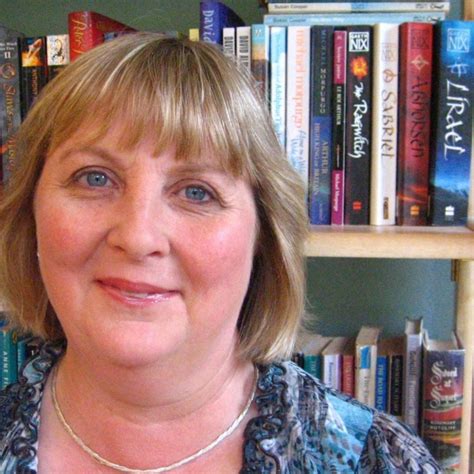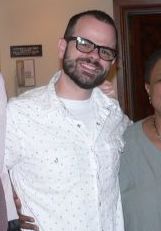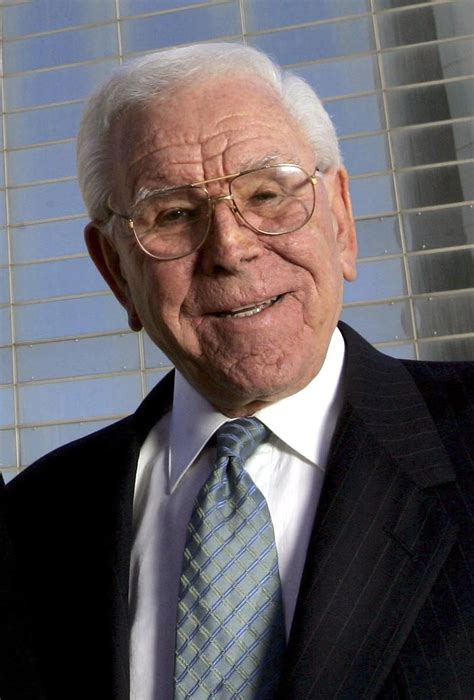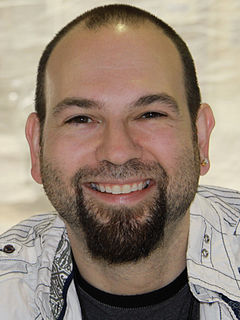A Quote by James Baldwin
Fonny and I just sat there... while the voices of the congregation rose and rose around us, without mercy... Teddy had the tambourine, and gave the cue to the piano player-I never got to know him: a long dark, evil-looking brother, with hands made for strangling; and with these hands he attacked the keyboard like he was beating the brains out of someone he remembered. No doubt the congregation had their memories, too, and they went to pieces. The church began to rock.
Quote Topics
Related Quotes
Rose had the sort of eyes that manage perfectly well with things close by, but entirely blur out things far away. Because of this even the brightest stars had only appeared as silvery smudges in the darkness. In all her life, Rose had never properly seen a star. Tonight there was a sky full. Rose looked up, and it was like walking into a dark room and someone switching on the universe.
I realized the shells were talking in a voice I recognized. I should have; it was my own. Had I always known that? I suppose I had. On some level, unless we're mad, I think most of us know the various voices of our own imaginations. And of our memories, of course. They have voices, too. Ask anyone who has ever lost a limb or a child or a long-cherished dream. Ask anyone who blames himself for a bad decision, usually made in a raw instant (an instant that is most commonly red). Our memories have voices, too. Often sad ones that clamor like raised arms in the dark.
They could never go back to being a uniracial congregation again. It brings excitement. It brings life. It allows them to be able to know people they would never know, to meet people that are outside the congregation they would have never connected with, you know, through the networks that they developed in the congregation.
My father had put these things on the table. I looked at him standing by the sink. He was washing his hands, splashing water on his face. My mamma left us. My brother, too. And now my feckless, reckless uncle had as well. My pa stayed, though. My pa always stayed. I looked at him. And saw the sweat stains on his shirt. And his big, scarred hands. And his dirty, weary face. I remembered how, lying in my bed a few nights before, I had looked forward to showing him my uncle's money. To telling him I was leaving. And I was so ashamed.
The butterfly long loved the beautiful rose, And flirted around all day; While round him in turn with her golden caress, Soft fluttered the sun's warm ray.... I know not with whom the rose was in love, But I know that I loved them all. The butterfly, rose, and the sun's bright ray, The star and the bird's sweet call.
By the time I went to the pulpit, the vision was never on the same level as when God first gave it to me; it was clearer and bigger. It was better because the body of Christ complemented what God had given me. So when I gave the vision to the congregation, the influencers already bought it. Then after the people have heard my message, and migrate to the influencers, these influencers are already my allies and help me communicate the vision to the congregation.
I had a lot of gay friends and even had some congregation members who were gay, and I just wasn't sure where I stood. In my heart, I was like, "How can I condemn these people for their love of one another?" I started looking deeper into the Bible and studying and then I went to a gay-affirming church. It all came together at one point.
Daisy began to sing with the music in a husky, rhythmic whisper, bringing out a meaning in each word that it had never had before and would never have again. When the melody rose, her voice broke up sweetly, following it, in a way contralto voices have, and each change tipped out a little of her warm human magic upon the air.
The sobs and tears of joy he had not foreseen rose with such force within him that his whole body shook and for a long time prevented him from speaking. Falling on his knees by her bed. He held his wife's hand to his lips and kissed it, and her hand responded to his kisses with weak movement of finger. Meanwhile, at the foot of the bed, in the midwife's expert hands, like the flame of a lamp, flickered the life of a human being who had never existed before.
It had ceased raining in the night and he walked out on the road and called for the dog. He called and called. Standing in that inexplicable darkness. Where there was no sound anywhere save only the wind. After a while he sat in the road. He took off his hat and placed it on the tarmac before him and he bowed his head and held his face in his hands and wept. He sat there for a long time and after a while the east did gray and after a while the right and godmade sun did rise, once again, for all and without distinction.
The first thing the boy Garion remembered was the kitchen at Faldor's farm. For all the rest of his life he had a special warm feeling for kitchens and those peculiar sounds and smells that seemed somehow to combine into a bustling seriousness that had to do with love and food and comfort and security and, above all, home. No matter how high Garion rose in life, he never forgot that all his memories began in that kitchen.
It's like this," he'd explained once to Connie. "If someone gave you a single rose, you'd be happy, right?" "Okay," he went on, "Now imagine someone gives you ten thousand roses." "That is a whole lotta roses," she said. "That's too much." "Right. Too much. But more than that, it makes each individual rose much less special, right? It makes it hard to pick one out and say, 'That's the good one.' And it makes you want to just get rid of them all because none of them seem special now." Connie had narrowed her eyes. "Are you saying when you're at school you just want to get rid of everyone?





































